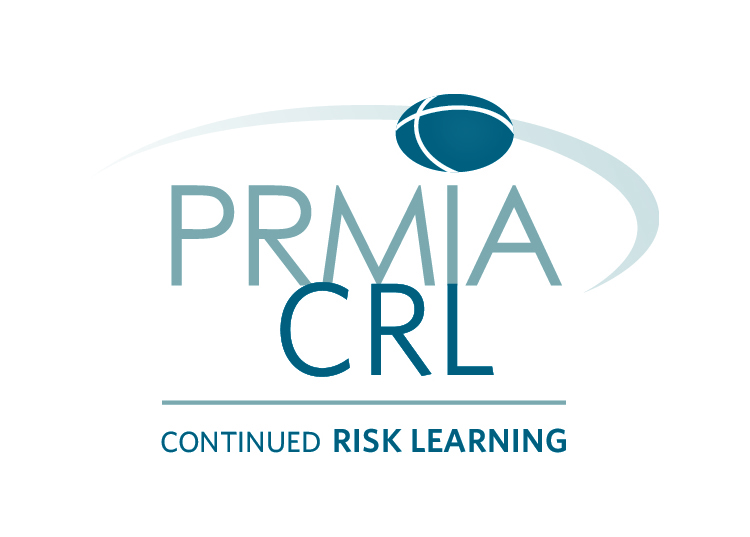
Presented By:
Geoff Trickey
CEO, Psychological Consultancy Ltd.

Date:
December 2, 2020

Time:
10:00 a.m. -11:00 a.m. EST
3:00 p.m. - 4:00 p.m. GMT

Session Length:
60 minutes
Alan Greenspan once described financial risk management as ‘combining the best insights of mathematicians and financial experts, supported by advancements in computers and technology’; but however good these approaches may be in their creation, in their management, and in their implementation, they are always subject to the influence of Human Factors. This is because the design of risk management models, algorithms, and financial products all involve judgement. Defined as ‘the forming of an opinion, estimate, notion, or conclusion’, every judgement opens the door to a swathe of human factors; overconfidence, groupthink, defensive decision making, herding, and malign incentives that inevitably influence decision making. The 2008 statement by Alan Greenspan quoted above was followed by his conclusion that 'the whole intellectual edifice ….collapsed in the Summer of last year'.
The fundamental point is that individuals throughout banking and the financial sector – whatever their role – will see the world in quite personal and individualistic ways. Quite simply, individuals vary remarkably. Although all successful in some way, I doubt whether Mervyn King, Bob Diamond, Warren Buffett, and Donald Trump have very much in common. Risk dispositions are a very distinctive feature of human nature, and like all features of human nature, they vary radically between extremes. The Risk Type Compass is a psychometric tool that places people on a 360-degree spectrum segmented into eight Risk Types. Each Risk Type perceives risk and reacts to it differently; any individual’s contribution will inevitably be influenced by these persistent and distinctive aspects of their nature. Survival, at any level, is a team game. All organizations need innovators and opportunity seekers to stay ahead, just as they need others to alert to any pitfalls and the careful deliberate thinkers needed to build in safe-guards and operationalize procedures. These differences between individuals aggregate when teams are made and the foundations of a risk culture are formed. As Ben Schneider persistently argued – ‘the people make the place’.
Key Takeaways:
- Learn how the RTC framework builds structure and meaning into the management of Human Factor Risk
- Appreciate the tangible benefits to risk management of RTC’s exceptional reliability coherence
- Learn how the complementary nature of Risk Types builds robust diversity into decision making teams
| About Our Expert |
|
|
|
|
|
.jpg) |
|
Geoff Trickey is CEO at Psychological Consultancy Ltd., a business that focuses exclusively on Occupational Psychology and psychometrics. Geoff has had an unusually varied professional career as a Chartered Psychologist - with wide international professional experience. He has been privileged to work with eminent and influential colleagues In Europe and in the US. Geoff’s interest in human risk was triggered by the chaotic variety and technical indifference of tests adopted by Financial Intermediaries in assessing the risk appetite of their clients; a bizarre parallel universe to an experienced psychometrician. Despite strong academic evidence linking personality to risk tolerance, no genuinely psychometric personality-based approaches had been adopted. This sparked the development of the Risk Type Compass tool based on decades of fascinating neuroscience and psychological research that distinguishes between objective ‘frequentist’ probabilistic measures of risk and the natural ’human factor’ risk dispositions that drive decision making and behavior.
|
|
| Continued Risk Learning Credits: 1 |
 PRMIA Continued Risk Learning (CRL) programs provide you with the opportunity to formally recognize your professional development, documenting your evolution as a risk professional. Employers can see that you are not static, making you a highly valued, dynamic, and desirable employee. The CRL program is open to all Contributing, Sustaining, and Risk Leader members, providing a convenient and easily accessible way to submit, manage, track and document your activities online through the PRMIA CRL Center. To request CRL credits, please email [email protected].
PRMIA Continued Risk Learning (CRL) programs provide you with the opportunity to formally recognize your professional development, documenting your evolution as a risk professional. Employers can see that you are not static, making you a highly valued, dynamic, and desirable employee. The CRL program is open to all Contributing, Sustaining, and Risk Leader members, providing a convenient and easily accessible way to submit, manage, track and document your activities online through the PRMIA CRL Center. To request CRL credits, please email [email protected].
| |
Registration |
|
| |
Membership Type |
Price |
|
| |
|
|
|
| |
Members (Sustaining, Corporate, RIM & Contributing)
|
COMPLIMENTARY |
|
| |
Non Member |
COMPLIMENTARY
|
|
| |
|
|
|
If this is your first time accessing the PRMIA website you will need to create a short user profile to register. Save on registration by becoming a member.